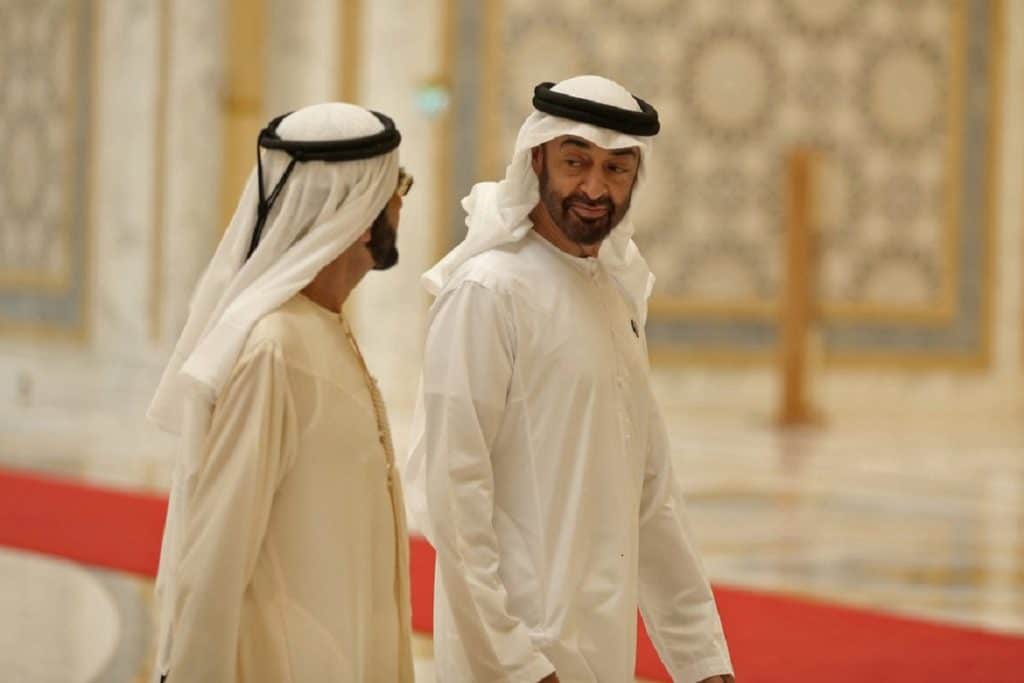By Denis Korkodinov
The Abu Dhabi Redeployment Initiative in Yemen is a tactical maneuver designed to divide the country’s north and south into relatively separate regions. Thus, the emirate intends to maintain its influence on various groups of forces in Yemen, pushing them to a permanent enmity between themselves.
However, the influence of the United Arab Emirates is not limited solely to Yemeni territory. Thus, in the sphere of interests of Abu Dhabi are all the states of the Horn of Africa, including Somalia, Sudan and Egypt.
Emirate politics in Somalia is practically no different from what is happening in Yemen. The main goal is to support separatist entities and jeopardize the territorial integrity of the state. Somaliland and Puntland have long sought to secede from Mogadishu and proclaim their independence under the protectorate of Abu Dhabi.
The interest in these state formations on the part of the Emirate is due to the fact that they are in an extremely advantageous geographical position, in the immediate vicinity of the Gulf of Aden, which allows the use of this territory to create military bases oriented exclusively for delivering attacks on Yemen. In addition, the inability of Mogadishu to resist to foreign intervention, creates for the UAE virtually unlimited opportunities in the region.
Abu Dhabi maintains a fairly strong relationship with Somaliland from the very beginning of its desire for independence. This is confirmed by the visit of the President of the unrecognized republic Muse Bihi Abdi to Abu Dhabi in March 2018, where the parties agreed on the reconstruction of the Berbera Airport in order to receive heavy aircraft belonging to the emirates.
Cooperation between the UAE and Somaliland would be incomplete if it did not extend to a neighboring state formation, which also claims independence from Somalia. So, in April 2018, Puntland President Said Abdullahi Denis enlisted the support of Abu Dhabi in creating a naval base to combat piracy. Among other things, in 2017, DP World affiliated to the UAE announced its decision to invest in the port of Bosaso, located in Puntland, more than $ 300 million, thereby gaining unlimited control over the sea harbor.
Abu Dhabi’s attitude towards the self-proclaimed republics is almost inextricable from his attitude to the central government in Mogadishu. The desire of the President Somalia, Mohammed Abdullahi Mohammed, to distance himself from the crisis in the Gulf countries and certain flirting with Riyadh are forcing the UAE to increase its pressure on Mogadishu in the hope of gaining unhindered influence on Somali affairs.
However, in April 2018, as a result of two incidents involving the confiscation of cash belonging to the UAE in Somalia, Abu Dhabi decided to reduce its presence in this country.
In addition, the official authorities of Mogadishu began to actively approach Turkey and Qatar, which caused serious concern in the UAE. In turn, the tension between the countries thus created forced the emirates to intensify their cooperation with Somaliland and Puntland, provoking them to provide armed resistance to the central government in Mogadishu.
A practically similar scenario is being realized in Yemen, where the Southern Transitional Council and the Hussites, who are in conflict with each other, are somehow in the sphere of Abu Dhabi’s interests and provoke them to escalate the conflict.
Thus, the chosen strategy for splitting states into various near-state centers, with opposing positions and views, is the cornerstone of Abu Dhabi’s policy in countries adjacent to the Red Sea. The ultimate goal of such a policy is to achieve exceptional benefits for enhancing one’s influence in the region by providing assistance to all warring parties in return for the territory.
(The views expressed in this article belong only to the author and do not necessarily reflect the views of World Geostrategic Insights)
Image Credit: AFP ©AFP KARIM SAHIB







